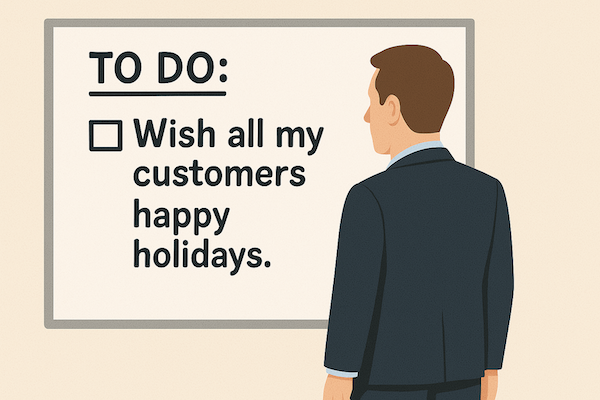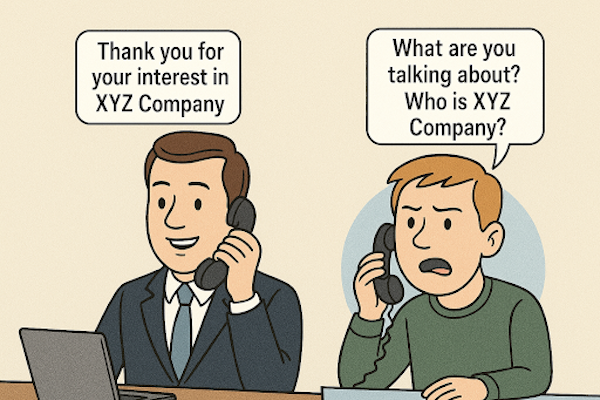Capital Raising: 10 Takeaways from Startup Boston


While in the Boston area on September 12, 2025, I decided to attend the afternoon and evening sessions at Startup Boston, hosted at Suffolk Law School. Startup Boston buzzed with enthusiasm about opportunities for AI, fintech, education, healthcare, pharmaceutical, and biotech startups in the area. I attended several panel sessions covering the spectrum of capital raising, including debt financing (borrowing money) and equity financing (selling ownership), to support growth, expansion, and other strategic initiatives. The panels were impressive, featuring accomplished local investors and key startup influencers, listed below.
Boston Based Investors and Influencers at Startup Boston
Vivjan Myrto Managing Partner, Hyperplane
Lily Lyman Partner, Underscore VC
Will Lehmann Founder & GP, Step Function
Alex Benik Partner / Founder, Encoded Ventures
Rumika Sharma Analyst, BankTech Ventures, Startup Boston
Janice Bourque Senior Advisor, Hercules Capital
Matthew Ahern Managing Principal, Managing Principal
Will Kidston Partner and Chief Investment Officer, Kenston Capital Partners
Yeng Felipe Butler Founder and Managing Partner, Chestnut Run Capital Partners
Brandon Oliver Principal, BankTech Ventures
Beth Porter Head of Studio, C10 Labs
Steve Bernard Investment Principal, Techstars
Tricia Bitetto Program Manager, Venture Café Cambridge
There are so many valuable points that this blog could be eighteen pages long. However, wearing my AI hat, I know time is money. So, I have summarized 10 key points for early-stage companies, often discussed with founders.
Capital Raising: 10 Takeaways from Startup Boston
Prioritize Revenue Growth
Most companies are not easy to scale. Success stories in the news are unique, not common. Many founders have different expectations, with some thinking it is easy. Focus on revenue and set aggressive yet reasonable goals.
Enlist Fractional Support at The Right Time
No investor believes your five year projections because they're often overhyped. As one speaker said, they're "a bunch of bs." You're not fooling anyone, so create something defendable. Enlist fractional CFOs and fractional sales leadership to support you. These contractors ramp up quickly without the drama of finding full-time help, which can burn through cash.
Build Trust
Build bidirectional trust with your investment partner. Early-stage investors and founders will face challenges. Contact peers at other supported companies to understand relationship dynamics. If it gets back to them, it does not matter. They will respect your due diligence.
Investing in You
A partner worthy investor will put in effort because they need a company like yours and see your commitment to win. Expect them to do background checks on your drive, past successes, and relentlessness.
Teams That Win
Investors will independently assess your team, market, and product fit. Is there a need for your product? They are investing based on available data and a gut feeling about you and it is not contingent on your ability to answer every single due diligence questionnaire perfectly. They want to understand your vision and curiosity. They seek opportunities that can be market leaders, not be a third or fourth product in a crowded space.
Investor Qualities
A good investor should have a number of core qualities. They should conduct reference calls, be thoughtful about whom they bring to the table, have domain expertise, and access to a broader community. You do not want micromanagement. You want them available when needed, responsive in emergencies, and experienced in your stage, ideally with access to multiple coasts.
Government Programs for SMBs
Government programs are beneficial for new companies. The SBA treats you like a startup. They can teach you skills from proven government programs. Technical startups can secure millions without giving away equity. Securing a $1M grant is bonus money. Apply for everything.
Timing is Everything
Raise money when you have money. Founders often wait too long or try to raise funds during turbulence. Timing is crucial, so set yourself up for success.
Reasonable Valuations
Market valuations are in flux, having been lofty during the pandemic, followed by down rounds. Be reasonable with valuations. Do not set them too high, or you will create problems. Remember, it is expected that you will deliver.
Get Paid for Your Value
This might be a favorite point as I regularly discuss it with founders. Expect significant consultative work in the early stages, but do not work for free. Charge for your work. Companies can afford it. You are helping them build value by providing value to them. Keep them accountable to you.
One of my favorite quotes of the day was from Alex Benik, “You want your investment partner to be your favorite uncle, not your parents.”
Closing Thoughts:
Investors appreciate the talent in Boston, fueled by its many great schools, and the local drive in the Boston community to succeed. AI companies naturally dominated discussions, with approximately 80% of investments backing AI founders.
Be cautious not to give away your company unnecessarily. If there is insufficient equity for the founder, what is the motivation for the founder to stay passionate and motivated about the business? Remember, a $10-$20M company can have the same payout for a founder as a $1B company if not managed correctly. Good investment relationships are win-win for the founders and investors.
Take advantage of local access and opportunities as the startup scene heats up in 2026. If you need help accelerating revenue growth, lets book time and discuss how our part-time chief revenue officer can help your business realize its true potential.
Hope this information helps you find your new favorite uncle.
For additional sales tips, sales insights, and revenue growth best practices, visit Justellus’ Sales Growth Blog.




